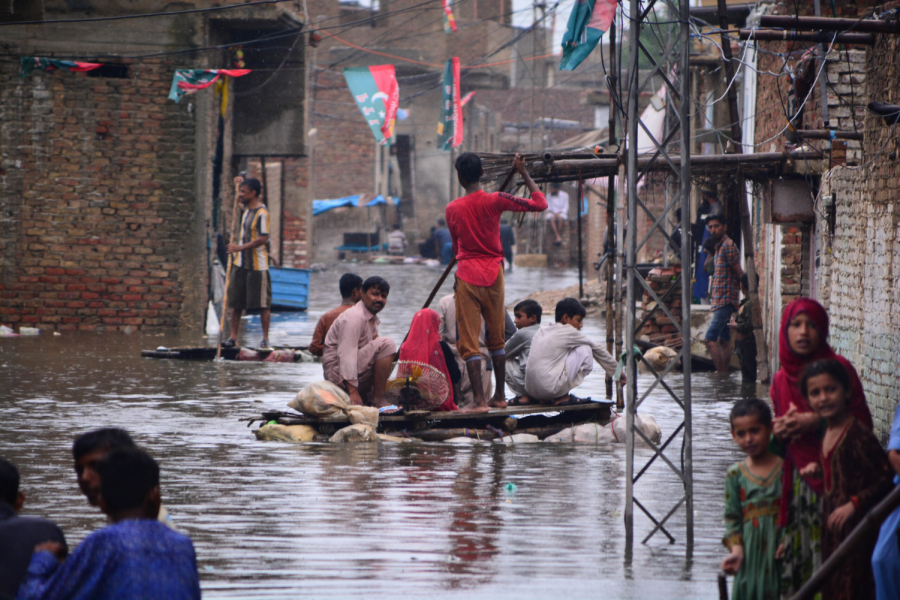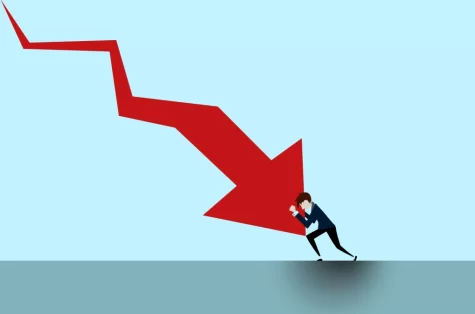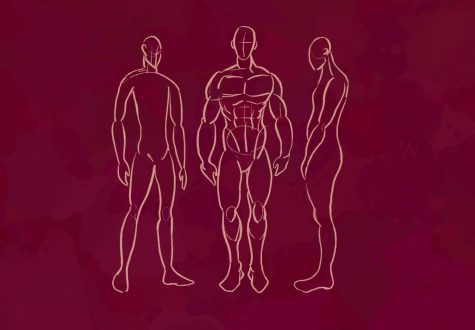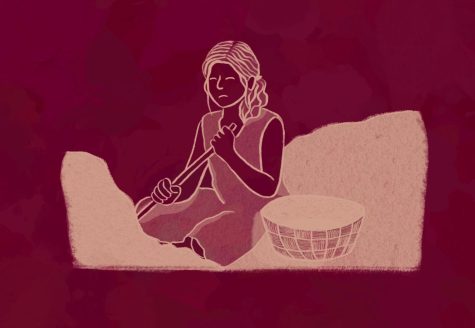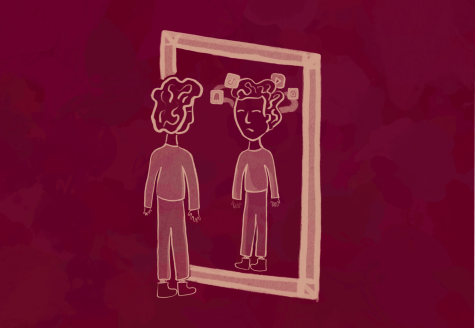Climate Change has become a critical issue
Since the start of the Industrial Revolution, the world has changed immensely. The world has advanced drastically regarding technology and innovation; there have also been a lot of bad outcomes, like overcrowding cities, air pollution, and worst of all, climate change. The definition of climate change refers to long-term shifts in temperatures and weather patterns, which, more often than not, are caused by human activity. This includes burning fossil fuels such as oil, gas and coal. In the 1800s, the act of burning fossil fuels became widespread due to the Industrial Revolution. Since this practice became prevalent, there has also been an increase in record-shattering floods, droughts and wildfires. It is undeniable at this point that human activities are destroying the planet. We are all witnessing the effects, so it is time we stop ignoring it.
While this planet is not unfamiliar with natural disasters, there has been a drastic increase within the last two decades. According to the National Centers for Environmental Information, there has already been a loss of $1 billion due to damages from natural disasters in the United States alone. Even so, the U.S. is not the country that is facing the worst of climate change induced disasters. Since the second week of August, one-third of Pakistan has flooded. More than 1,600 people have died, says the Washington Post, making this the country’s deadliest flood since 2010. This has also been the deadliest flood in the world since 2017. Families have stood and watched their livestock be swept away by the vast amount of rainfall that, in the end, ended up consuming a substantial part of their land. One of the most unjust aspects of this is that Pakistan is responsible for less than 1% of the world’s planet-warming gasses, and yet it is the eighth most vulnerable country to climate change. Hundreds of thousands of homes have been completely destroyed and thousands of families have been ripped apart, leaving many children orphaned. But even despite that, people are still trying to deny and feign ignorance about the fact that climate change is a dire issue.
Although there are a plethora of human activities that negatively impact climate change, there are certain things that are more harmful than the rest. Fossil fuels are by far the biggest contributors to climate change. According to the United Nations, they account for 75% of the planet’s greenhouse gas release and almost 90% of Earth’s total carbon dioxide emissions. Greenhouse gases account for such a large percent of climate change because most energy sources and even electricity are still generated from burning these fossil fuels. When fossil fuels are burned, nitrous oxide and carbon dioxide, which are strong greenhouse gases, are released and blanket the planet, trapping in the sun’s heat, leading to global warming. Another cause of climate change is deforestation, which accounts for almost a quarter of the world’s greenhouse gas emissions. When trees are cut, they release all the carbon dioxide they have been storing. Between 1990 and 2015, approximately 129 million hectares of forests have been destroyed, which is close to the entire area of South Africa, as stated in 8billiontrees.com.
Even though all of these facts are scary, there are multiple ways individuals can reduce their contribution to climate change. These include using renewable energy sources instead of fossil fuels, reducing energy consumption by finding a green energy provider, installing solar panels and replacing dead light bulbs with LEDs. Another way to help battle climate change is to walk or cycle whenever possible. Cars account for a large portion of Earth’s air pollution, so choosing public transportation whenever possible is also an effective practice. If one really must drive, they should try carpooling with others in order to lessen the number of cars on the road. Given that sustainable agriculture uses around 56% less energy and makes 64% less emissions than conventional farming, says the UN environmental programme, buying seasonal and local groceries is great. By helping small farms and businesses in their community, people will be reducing the emission of fossil fuels having to do with transportation and cold chain storage (a process to ensure that perishable products stay safe and good quality for consumption.) You can even take it a step further by creating a small garden in your backyard. The possibilities to help battle climate change are endless, and if you use just some of these tactics, you will be helping to save our planet.



